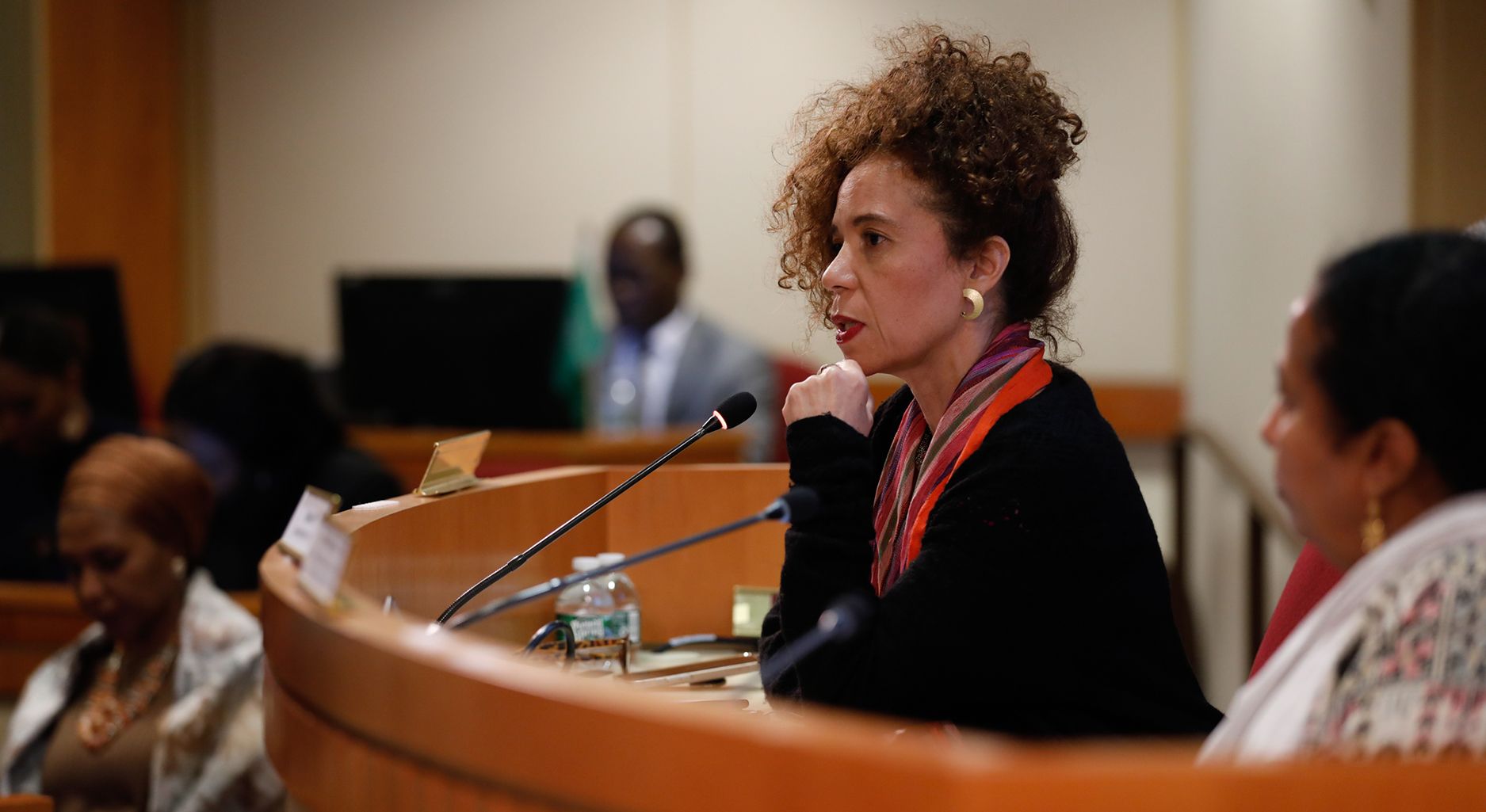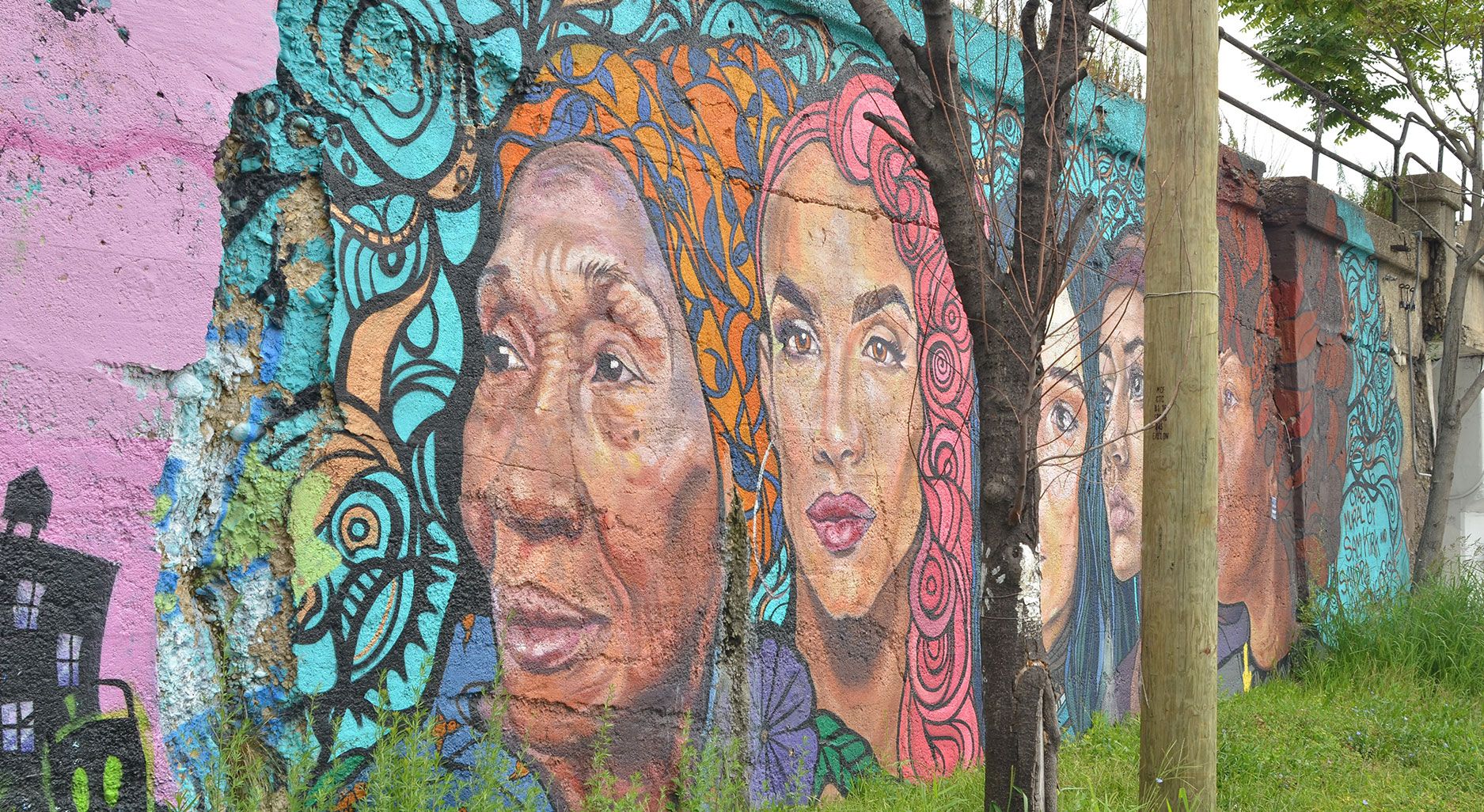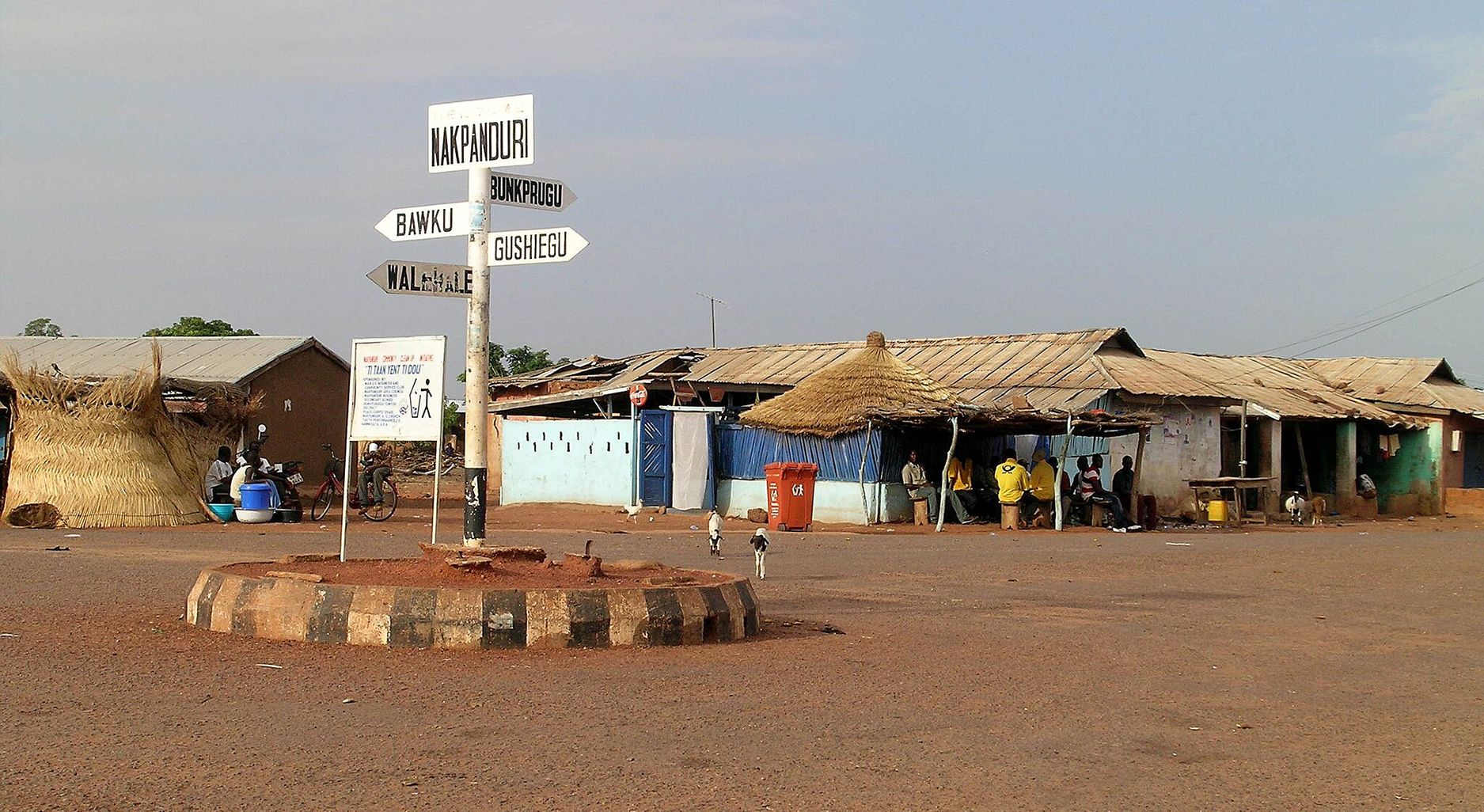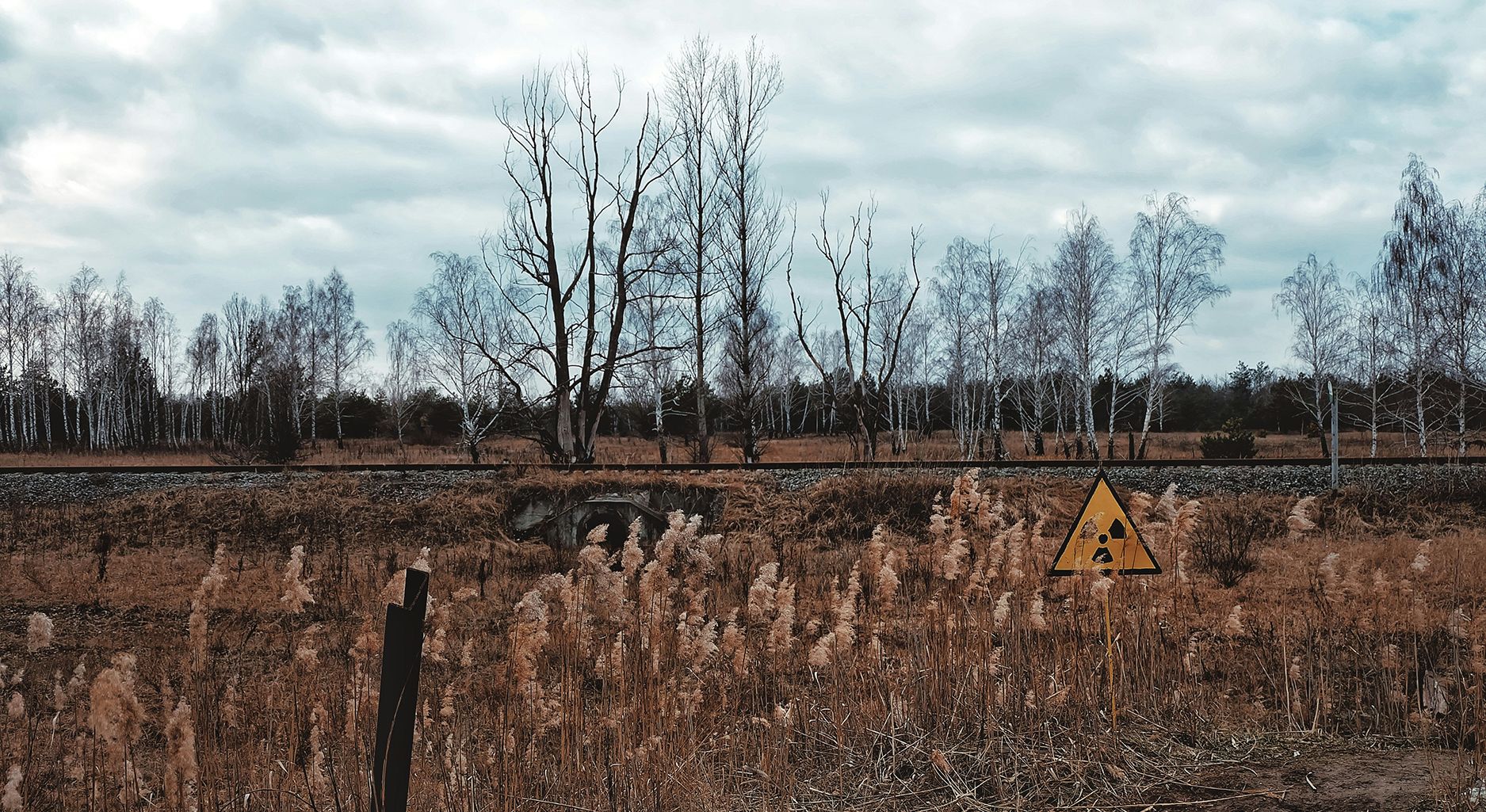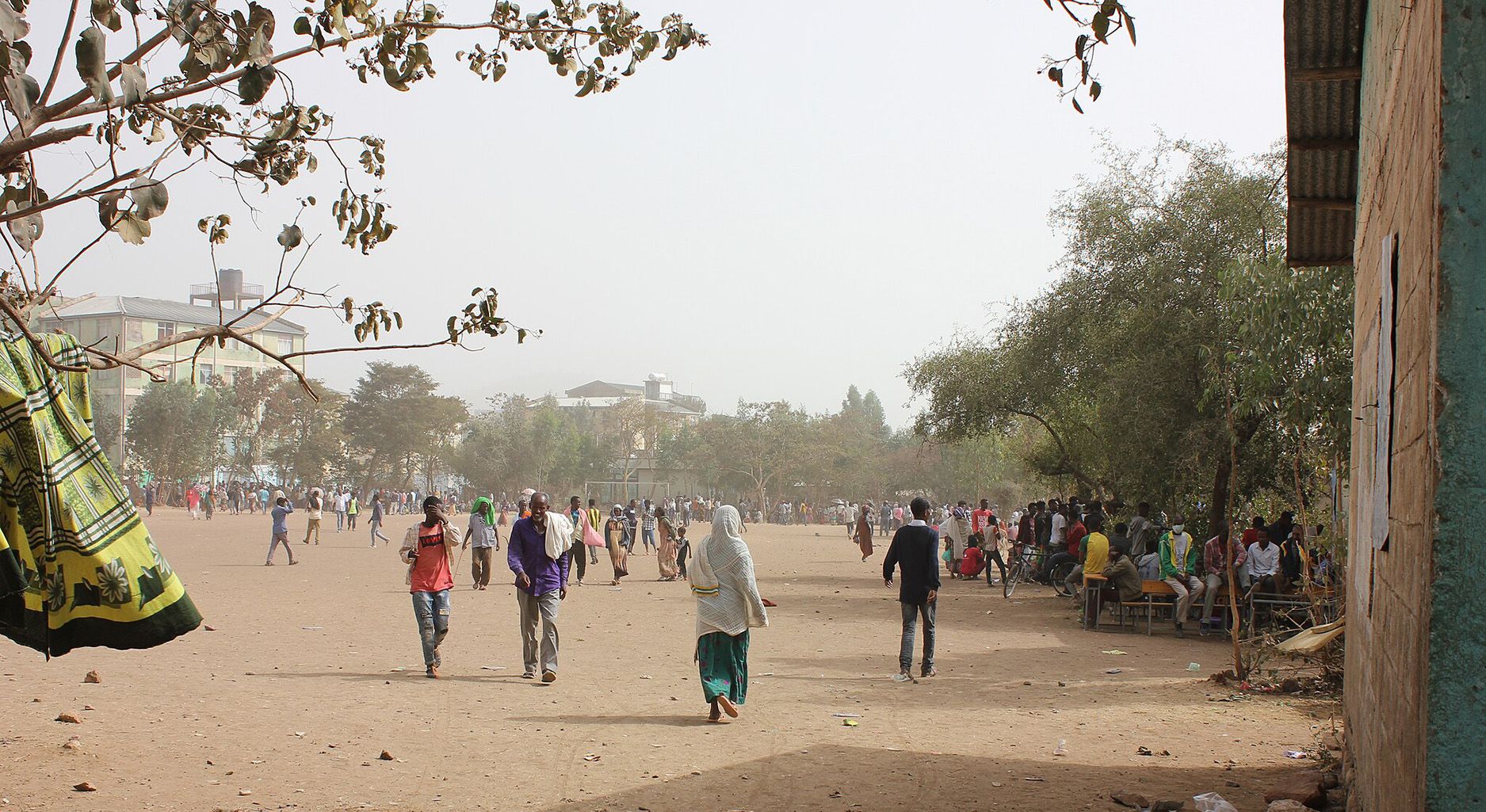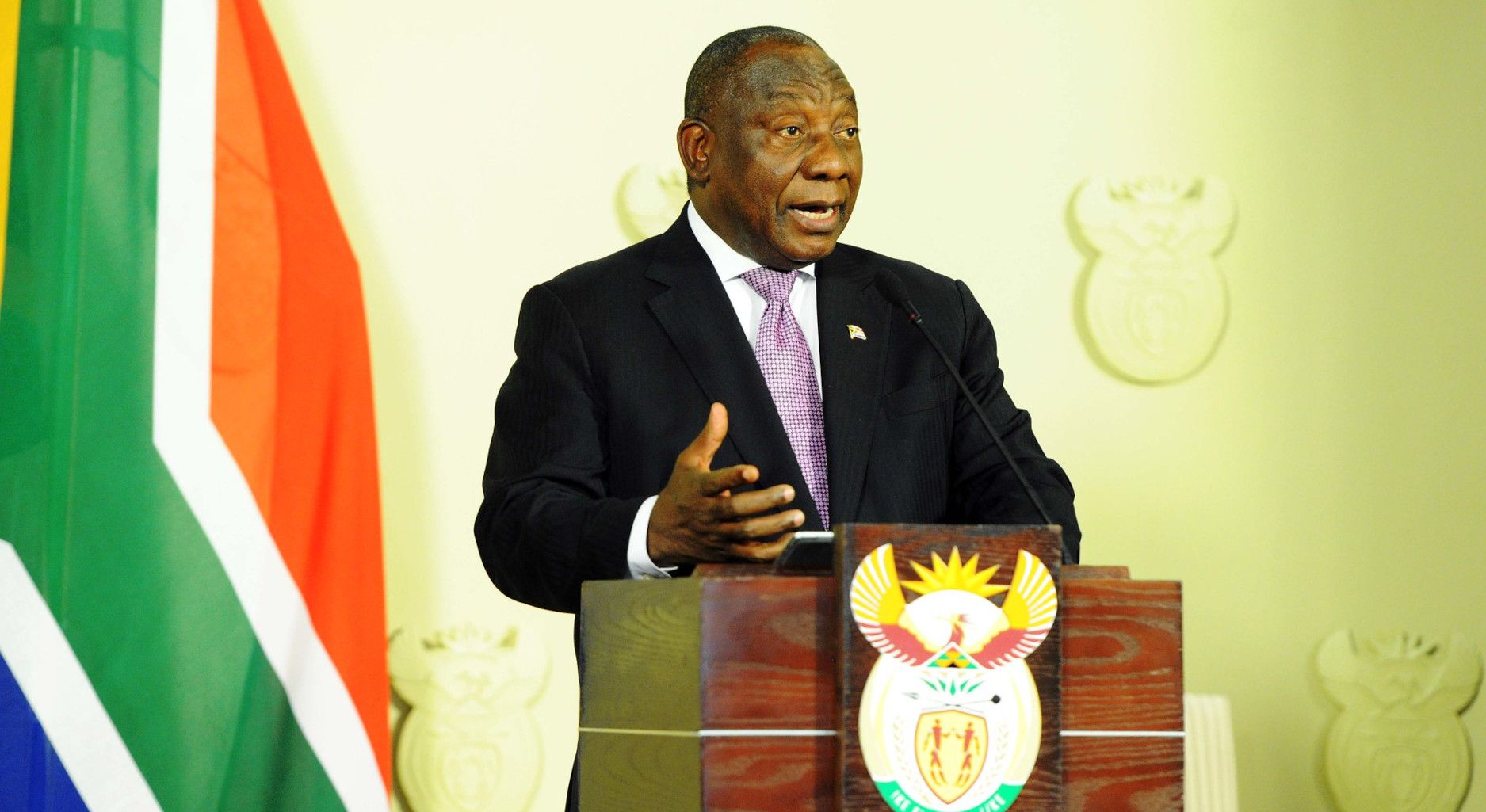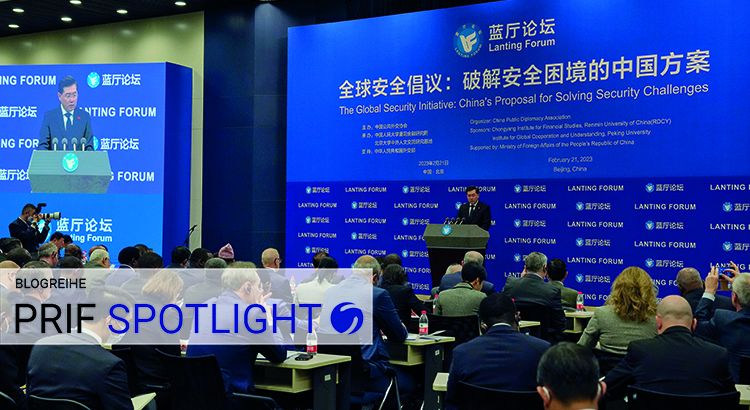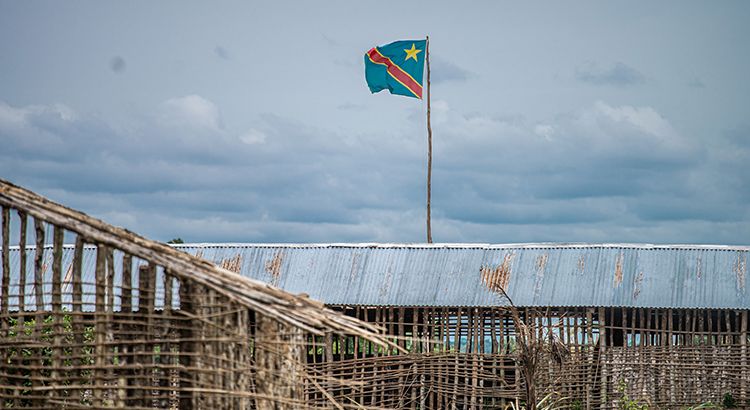Tag: Peacebuilding
As Lake Chad’s waters shrink and droughts intensify, pastoralists and farmers clash over the...
25 Years of UNSCR 1325 on Women, Peace and Security (WPS): Birthday Party or Funeral?
What significance does the UNSCR 1325 or Women, Peace, Security (WPS) Agenda have in view of the...
25 Years of Women, Peace and Security: Between Promises, Backlash, and Feminist Reimagining
2025 marks 25 years since the adoption of UN Security Council Resolution 1325 on Women, Peace and...
Small Sparks, Big Flames: Why Resolving Local Conflicts Matters for Wider Security – The Case of Bawku Conflict in Ghana.
In the Sahel region, terrorist groups have exploited existing local conflicts to expand their...
A Green Recovery for Ukraine: How to Avoid the Trap of Green Colonialism?
The environment is not a silent victim in Russia’s war against Ukraine; the long-term threats for...
Potentially Vital AU Meeting on Tigray Leaves Communities of Interest in the Dark
Politics, violence, and secrecy have held back progress in post-war Tigray. This highlights not...
An African Peace Initiative in the Russia-Ukraine War?
A team of seven African presidents led an initiative in mid-June 2023 to attempt to make peace in...
China’s new Global Security Initiative: a rising power spreads its wings
On 21st February 2023, the Chinese Foreign Ministry released its concept for a “Global Security...
Regional Solutions to Regional Problems? Protests in the DRC Highlight the Challenges of Regional Military Peace Operations
Just three months since the first deployment of military contingents, the East African Force in...
Feminist Research Perspectives in Peace and Conflict Studies and Consultancy Work
Feminist approaches in peace and conflict studies have been neglected for a long time – but they...

